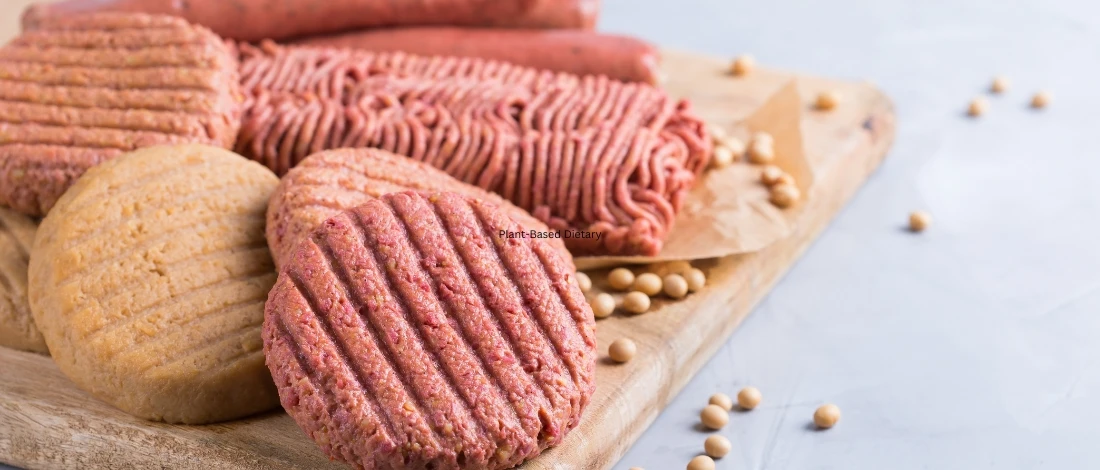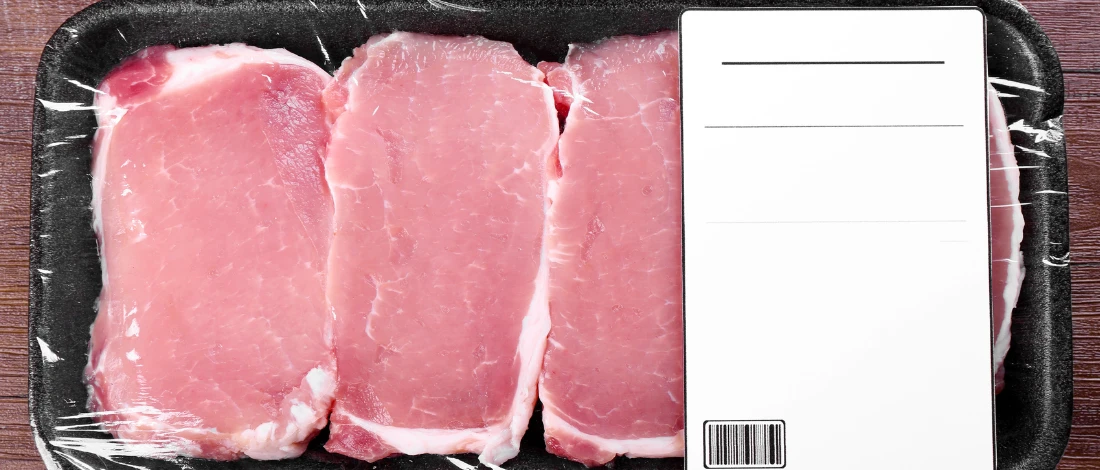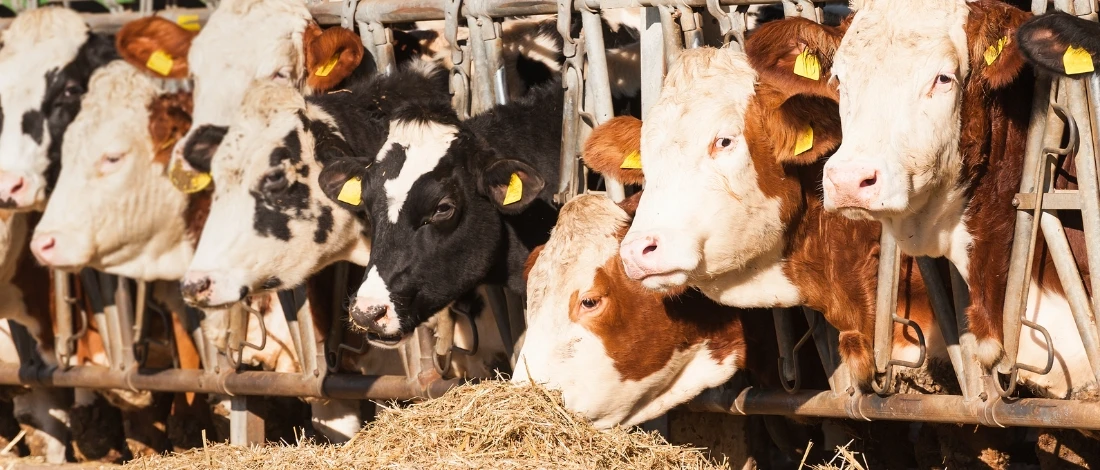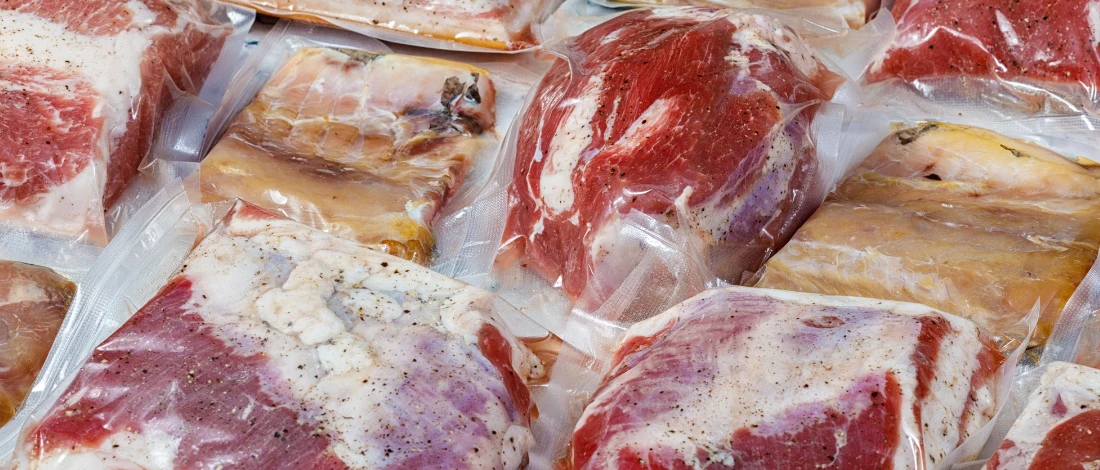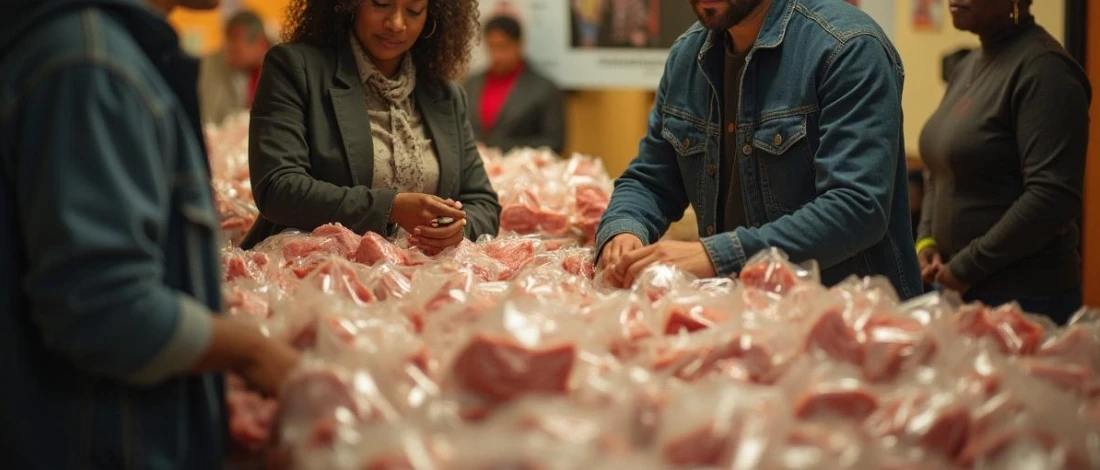Seventeen years after South Koreans flooded the streets over mad cow fears, U.S. beef is back in the spotlight, and so is the backlash.
With Washington set to slap reciprocal tariffs on Korean exports starting August 1, Seoul is reportedly weighing concessions, including lifting its long-standing ban on U.S. beef from cattle over 30 months old.
That’s touched a raw nerve in Korea’s agriculture circles, and the Democratic Party (DP) isn’t pulling punches.
“The beef market is sensitive, ranchers are already bracing for impact,” said DP lawmaker Lim Mi-ae during a Wednesday radio interview. “We shouldn’t open the gates to older cattle imports. People feel safer eating younger cuts, and ground beef from older cattle hides too much.”
Since 2008, Korea has kept a firm lid on beef imports from older U.S. cattle, citing health concerns and consumer trust. But under pressure from Washington, the ban may be cracked open, and DP lawmakers warn that Korean ranchers could be the ones trampled in the process.
On Tuesday, the party’s Agriculture and Fisheries Committee held a press conference in Yeouido, arguing that Seoul mustn’t trade away public safety or food sovereignty for short-term trade wins. “Agriculture can’t be the sacrificial lamb in Korea-U.S. negotiations,” they said.
The pushback isn’t just about meat, it’s a larger fight over trade equity and national pride. Korea remains one of the U.S. beef industry’s most profitable markets. Any shift could deliver a gut punch to local hanwoo farmers already walking a tightrope.
Behind the scenes, some see this as a test of loyalty between the DP-controlled National Assembly and the Lee Jae-myung administration. “The government has its eye on the big picture,” one senior DP figure noted.
“But farmers live in the margins. We need to be part of the talks before things go too far.”
Talks are heating up, tensions are simmering, and one thing’s clear, Korea’s beef debate is far from over.
You May Also Like: In-N-Out’s Beef Tallow Claims: Setting the Record Straight

